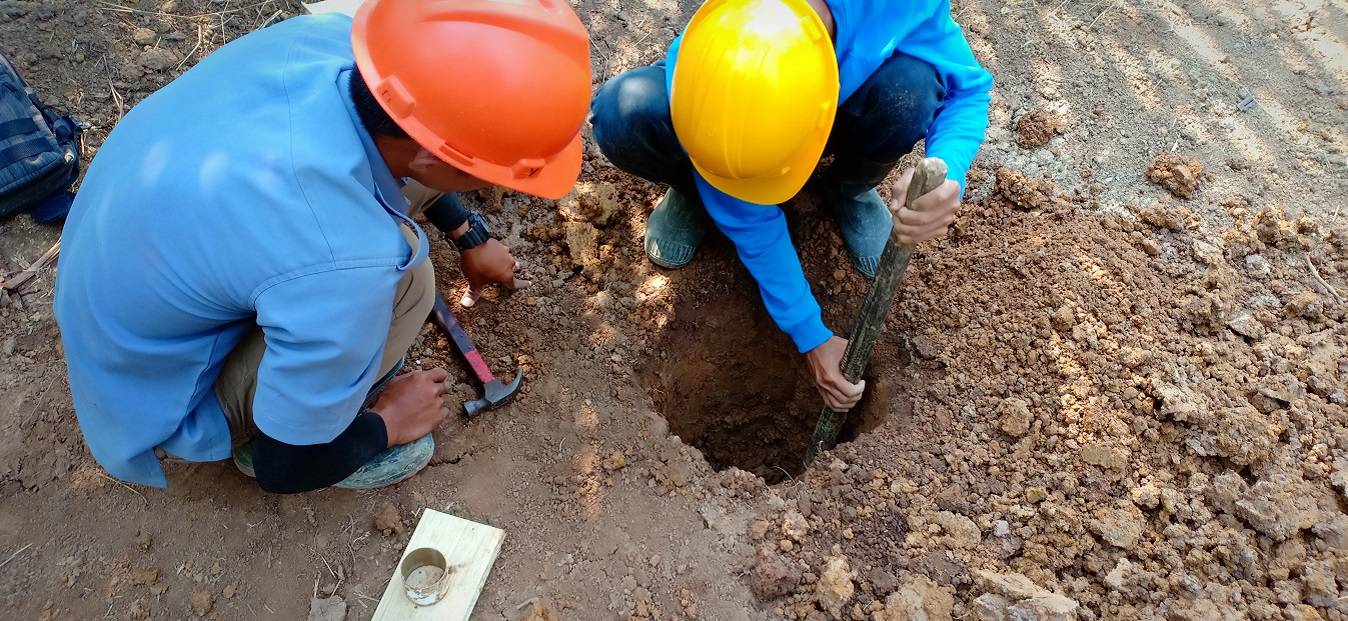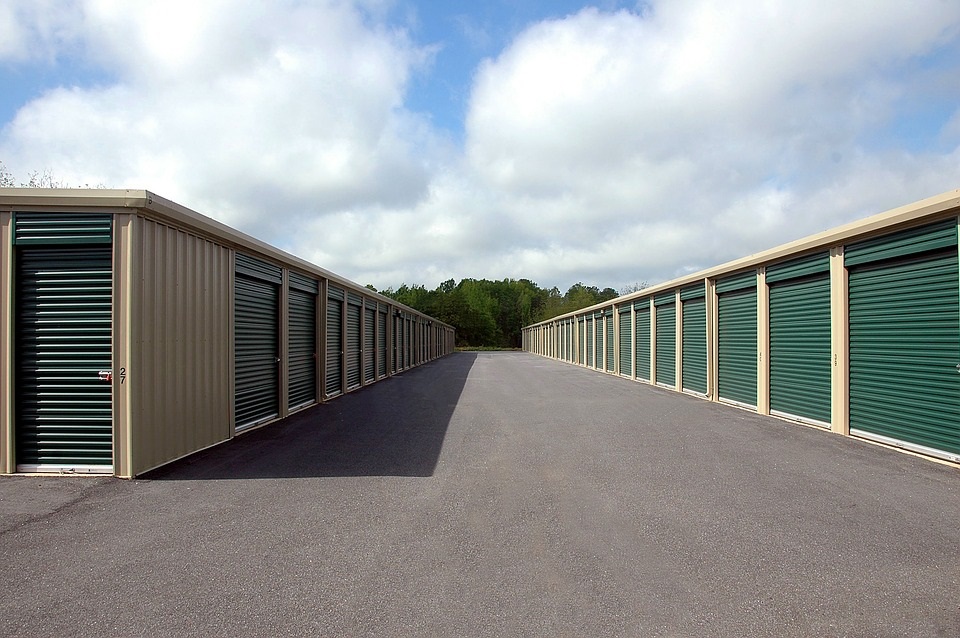Costly and unexpected surprises may be lurking beneath your property. These hidden issues can cause you headaches and turn into financial nightmares. Whether you’re a homeowner, a prospective buyer, or a developer, you should be concerned about your land’s health.
In this article, you’ll learn about the signs indicating you need percolation tests. Don’t wait until these problems escalate, contact a professional to check out your land to ensure its longevity and functionality.
-
Drainage Issues
Few problems are as frustrating as drainage issues. Perhaps you’ve noticed that your lawn remains soggy long after a rainstorm has passed, or maybe you’ve experienced standing water in your yard. These issues are often indicative of a more profound concern: the soil’s inability to effectively percolate or absorb wastewater. In essence, your land is struggling to manage excess water, and this can have far-reaching consequences.
When your soil fails to percolate properly, excess water will accumulate on the surface, affecting your property’s functionality. Standing water can also attract pests like mosquitoes and other disease-carrying insects. The damp conditions can also encourage mold and mildew growth.
Beyond these immediate concerns, there are more significant environmental impacts to consider. Excess surface water can lead to soil erosion, which degrades the quality of your land over time. If you notice these problems, schedule a percolation test. Through this test, you’ll know the severity of your drainage problems and get the right solutions. A professional may even recommend buying a bre digest 365 to solve some of these issues.
-
Construction And Expansion Plans
If you’re considering building a new structure on your property or expanding an existing one, the soil’s percolation rate is a critical factor that you shouldn’t overlook. A land that has poor percolation capabilities may be unable to absorb and filter wastewater from your septic system or sewage disposal. This can lead to a host of problems during and after construction.
During construction, inadequate soil percolation can necessitate the installation of complex and costly alternative sewage disposal systems. These systems often require more space and additional maintenance, adding time and money to your construction project. In some cases, poor soil percolation can even halt construction plans altogether, causing delays and frustration. Investing in a percolation test for soakaway will save you money and reduce the strain on your budget.
-
Property Buyers’ Perspective
When buying a new property, it’s vital to view it before you complete the transaction. Doing this will save you from making costly mistakes. It’s unfortunate that many buyers only focus on the aesthetics and immediate features of the home. It would be prudent if they also examined what lies beneath the surface. Soil issues can have a profound impact on your property’s value and long-term maintenance costs.
A percolation test will enable you to know the drainage history of the property and whether it has sewage problems. The report that you get from this test will help you make the right decision on the value of the property. Buyers are often hesitant to invest in properties with known soil issues, and this can result in a reduced selling price.
Furthermore, once you own the property, you’ll be responsible for ongoing maintenance and potential repairs. If the soil’s percolation is inadequate, you may incur higher costs for sewage disposal systems and drainage solutions.
The Bottom Line
Soil percolation plays a critical role in the functionality, value, and long-term maintenance of land. Conducting these tests when necessary will let you manage your property’s wastewater needs, prevent costly problems, and make informed decisions that safeguard your investment.





